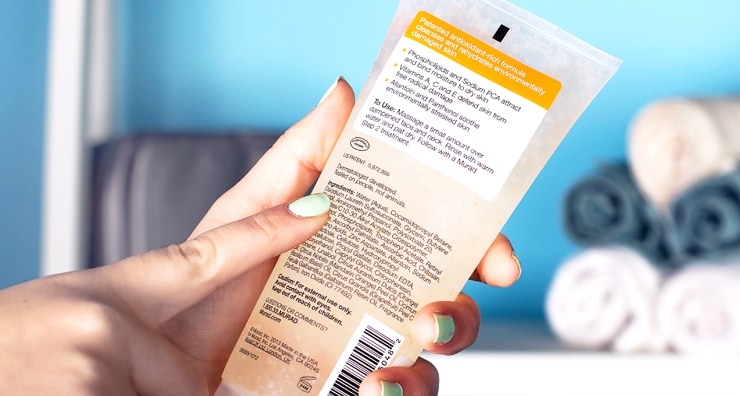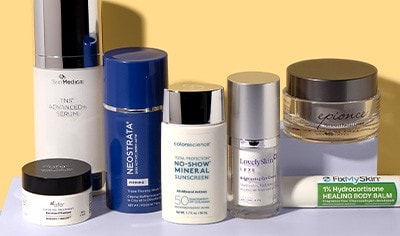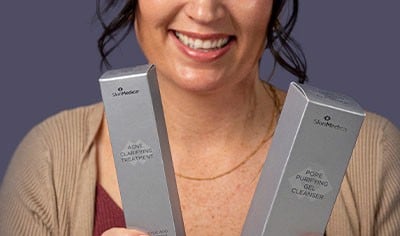
Dear LovelySkin, Are there any skin care ingredients I shouldn’t mix? - Anonymous
We’ve all seen those scary lists that make blanket statements about skin care ingredients that should never be mixed. They warn us about the potential for peeling, redness, irritation and any number of other undesired side effects. For anyone who layers multiple skin care products, avoiding such combinations can be a confusing and challenging undertaking.
But the truth is that, as with most things in life, these lists don’t apply to everyone. Because one person’s skin is different from the next, we all react to skin care ingredients in different ways. If you are embarking on a new regimen, it is important that it is developed specifically for your skin if you are considering multiple different products out of different lines. If you have one line of products, you can usually be assured that they will work together well, but in the instance of multiple products/multiple lines it sometimes can be a good idea to determine suitability via an expert opinion such as your dermatologist.
Rather than fearing dangerous skin care duos, it is best to ask your dermatologist about what your skin will and will not tolerate. He or she will advise the best regimen based on your unique skin, so you can forget about those anxiety-inducing lists and focus on your personal skin care solution. Many of the lists of products and ingredients have a kernel of truth in them, but only apply for a small subset of the population. For this reason, it is often quite possible to mix and match without any significant issues.
If you would rather develop a skin care plan for yourself, an important step is to determine your skin type to help as you choose which products are suited for your complexion. Dry types typically have flaky, scaly or rough skin that benefits from added moisture but these skin types can often be indicative of allergies or even a skin condition called seborrheic dermatitis, which should be treated by a dermatologist. Additionally, products for these skin conditions can be aimed at treating and improving these issues once they are known. If you have a shiny complexion and large pores this most likely has most likely is indicative of an oily skin type. If your face often stings, burns or itches after applying makeup or other products, you could have a sensitive skin type or allergies to certain ingredients. Normal skin (if there is truly even such a thing), then, is balanced, clear and not particularly sensitive. As you continue to develop your own regimen, look for products specifically formulated for your type.
Skin care is extremely personal and unique to you. What works for one person won’t necessarily work for another, even if that other person is your mom, your sister, your brother or your best friend. So, ignore those tedious lists and figure out what’s right for you.
Find Out if Injectables are Right For Yo...
Learn About the Factors that Cause Skin ...
Follow us on social
Follow us on social networks and be one of the first to learn about sales, giveaways, and free samples





